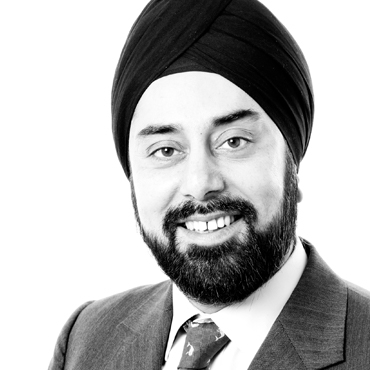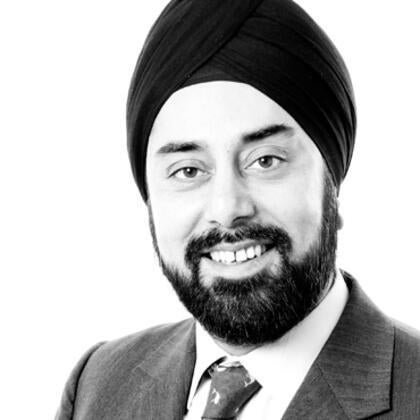The Structure of Finance
Share
- Details
- Text
- Audio
- Downloads
- Extra Reading
In the traditional model of finance, households saved and firms borrowed through financial intermediaries. Those financial intermediaries might be banks or pension funds but the experience of intermediation in the UK does not encourage the thought that long term finance can easily be located. Do we need a Development Bank?
Download Text
Part of:
This event was on Thu, 15 Mar 2018
Support Gresham
Gresham College has offered an outstanding education to the public free of charge for over 400 years. Today, Gresham College plays an important role in fostering a love of learning and a greater understanding of ourselves and the world around us. Your donation will help to widen our reach and to broaden our audience, allowing more people to benefit from a high-quality education from some of the brightest minds.


 Login
Login











